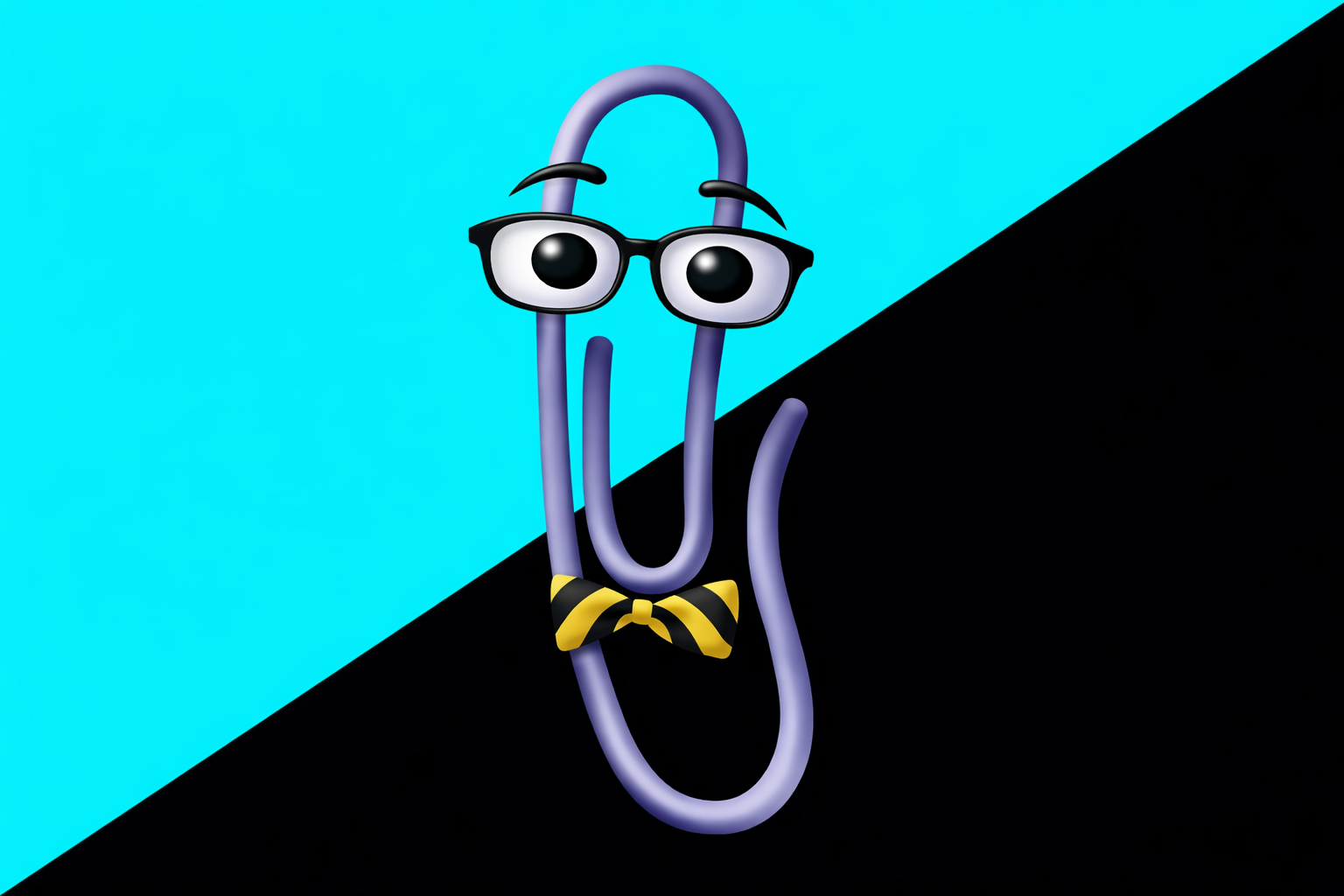Hans-Hermann Hoppe and Curtis Yarvin are often presented as radical alternatives to modern political thought. Hoppe, a Rothbardian economist and anarcho-capitalist, defends natural order, private property, and elite authority against democratic egalitarianism. Yarvin, known for his theory of neocameralism and critique of “the Cathedral,” rejects liberal democracy in favor of formalized, top-down rule modeled after corporate governance.
At first glance, both seem entirely opposed to Marxism and the progressive left. Yet beneath their radical-right exteriors, they reintroduce many of the same categories and methods found in neo-Marxist and critical theory traditions. Their frameworks may be anti-left in content, but not in form.
Hoppe builds a civilizational critique rooted in cultural decay, mass democracy, and high time preference. But the way he diagnoses society—through ideological forces, mass media distortion, and institutional perversion of truth—echoes the Frankfurt School. Like Adorno and Horkheimer, he views modernity as a fall into irrationalism and mass manipulation, only replacing capitalist critique with an attack on egalitarianism and democracy. His vision of “natural elites” suppressed by mob rule closely mirrors the Marxist view of proletarian false consciousness—flipped on its head.
Yarvin goes further. His concept of the “Cathedral”—a distributed network of media, academia, and bureaucracy that manufactures ideological consensus—is structurally identical to Antonio Gramsci’s idea of cultural hegemony. He describes power not as force but as control over narrative, myth, and institutional legitimacy—more Foucault than Burke. His solution is not to decentralize power but to consolidate it under a formal, absolute authority: a CEO-state that manages society efficiently, like a corporation.
Both thinkers reject Marxism in name, but operate within its framework. They analyze society through structural power, class conflict (productive class vs parasitic class), ideological capture, and historical transformation—not individual ethics or spontaneous order. Their critiques of modernity mirror the critical theory model: totalizing, cultural, and cynical toward liberal institutions.
In this way, Hoppe and Yarvin are not classical liberals, nor even consistent right-wing reactionaries. They are, ironically, neo-Marxist in form. They share the same tools—systemic critique, ideological unmasking, cultural analysis—but reverse the moral direction. Where Marxists seek emancipation through revolution, Hoppe seeks hierarchy through property; Yarvin seeks order through managerial sovereignty.
Both stand as proof that method can survive the death of doctrine. The structure of neo-Marxist critique lives on—in places the Frankfurt School never imagined.


Leave a Reply